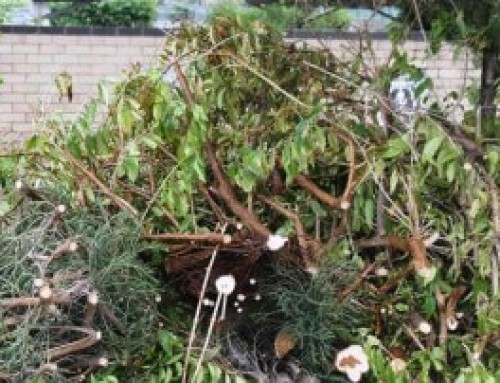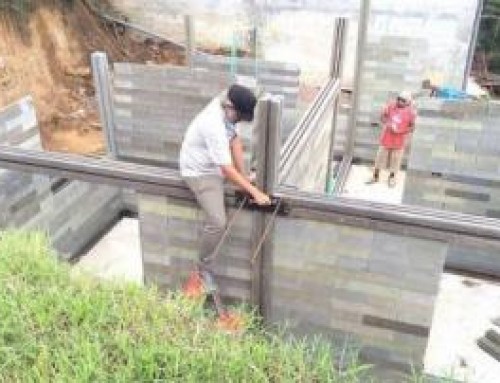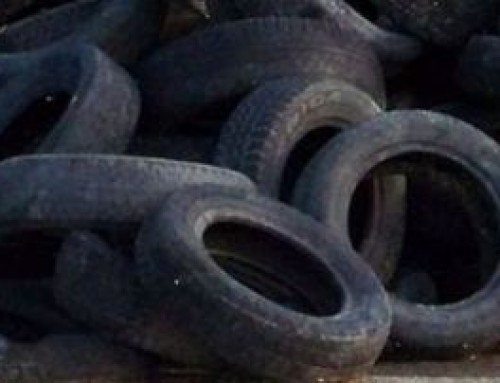A facility that converts non-recyclable plastics into liquid fuel is being planned for Canberra.
The proposed facility would be built in the industrial estate of Hume and divert 200 tonnes of plastic from landfill each day.
“It breaks plastics down into a sludge and converts it into road-ready diesel and petrol,” FOY Group managing director Stuart Clark said.
“Plastics originally come from oil in the first place so it’s really just reversing it — chemically it’s not a major change.”
Australians consume more than 1.5 million tonnes of plastic each year, with much of that rubbish ending up in waterways and landfill.
“This is a big solution to a worldwide problem that no-one has been able to crack for many years,” Mr Clark said.
“In time to come this will be a great Australian success story.”
How does it work? The facility would be the first of its kind, using new Australian-patented technology to take the processing a step further than overseas facilities.
“Overseas technology exists … but those technologies take it back to a crude oil,” technical director Bevan Dooley said.
“But with our process, the plastic goes in one end and, with nothing else coming out in between, out the other end comes diesel and petrol.
“So instead of creating crude oil that then needs to be trucked away and further refined, we take it right through to a finished product.
“The diesel that we make is superior to standard diesel so when you combust the diesel in a truck, for example, it actually has a cleaner emissions profile.”
What about noise and emissions?
The site chosen for the facility is across from the Mugga Lane tip and 1.3 kilometres from residents in nearby Gilmore.
During community consultation on August 30 2016, some residents raised concerns about emissions, smells and noise.
But Mr Clark said the closed system meant there would be no fuel odour past the site boundary and that the operation was quiet.
He said fuel would not be stored on site and measures would be in place to contain any potential leakages.
“In terms of emissions into the air, there’s more emissions into the air from one household fire place than our whole plant,” Mr Clark said.
“It’s got neighbours that are less than half the distance away [than those from the Hume site] and it’s got industrial neighbours that share a wall,” Mr Clark said.
“We’ve never had a single complaint, or emission from that building that they’ve complained about.”
Mr Clark said FOY Group was committed to communicating with nearby residents and was working with them to address their concerns.
“We want to leave a legacy here, we want to be good neighbours,” he said.
“We really want this to be a flagship; we want to build other sites throughout the world and we want to be able to bring people here — from the US, China, Indonesia — and show them a nice, clean working facility.”
There are more than 80 similar operational plants worldwide where there has never been an explosion or major fire and where there have been no major incidents reported of toxic emissions.
Japanese company Blest has created a machine that converts several types of plastic into oil.
Rather than burning the plastic using flame, which generates CO2, the machine uses a temperature-controlled electric heater to convert plastic into crude gas, which can then be used to power gas-based household appliances like stoves, boilers and generators or, if refined, can even be pumped into a car or motorcycle. Small yet highly efficient, the machine produces nearly one litre of oil – gasoline, diesel or kerosene – from every kilogram of plastic, requiring only 1 kilowatt of electricity for the conversion.
Though the machine currently processes only plastic class 2, 3 and 4 (polyethylene, polystyrene and polypropylene) and not class 1 (PET bottles), it still offers a remarkable solution to a serious problem and has many potential applications. Blest CEO Akinori Ito says there currently over 60 machines installed at farms, fisheries and small factories in Japan as well as a handful abroad. They can be used for everything from converting rubbish left behind by tourists into oil to power tour busses and boats to powering restaurant kitchen stoves with plastic from food packaging.
For rubbish removal for Homes and Offices You Can’t Go Past a Skip Bin
De-clutter your life and finally breathe in the feeling of minimalism! If you need to hire a great priced skip bin in Brisbane north or inner south suburbs, you can’t go past the team at 2ezy Skips.
With affordable skip bins in a range of sizes, we can help you clean out your rubbish from your home or office fast!





